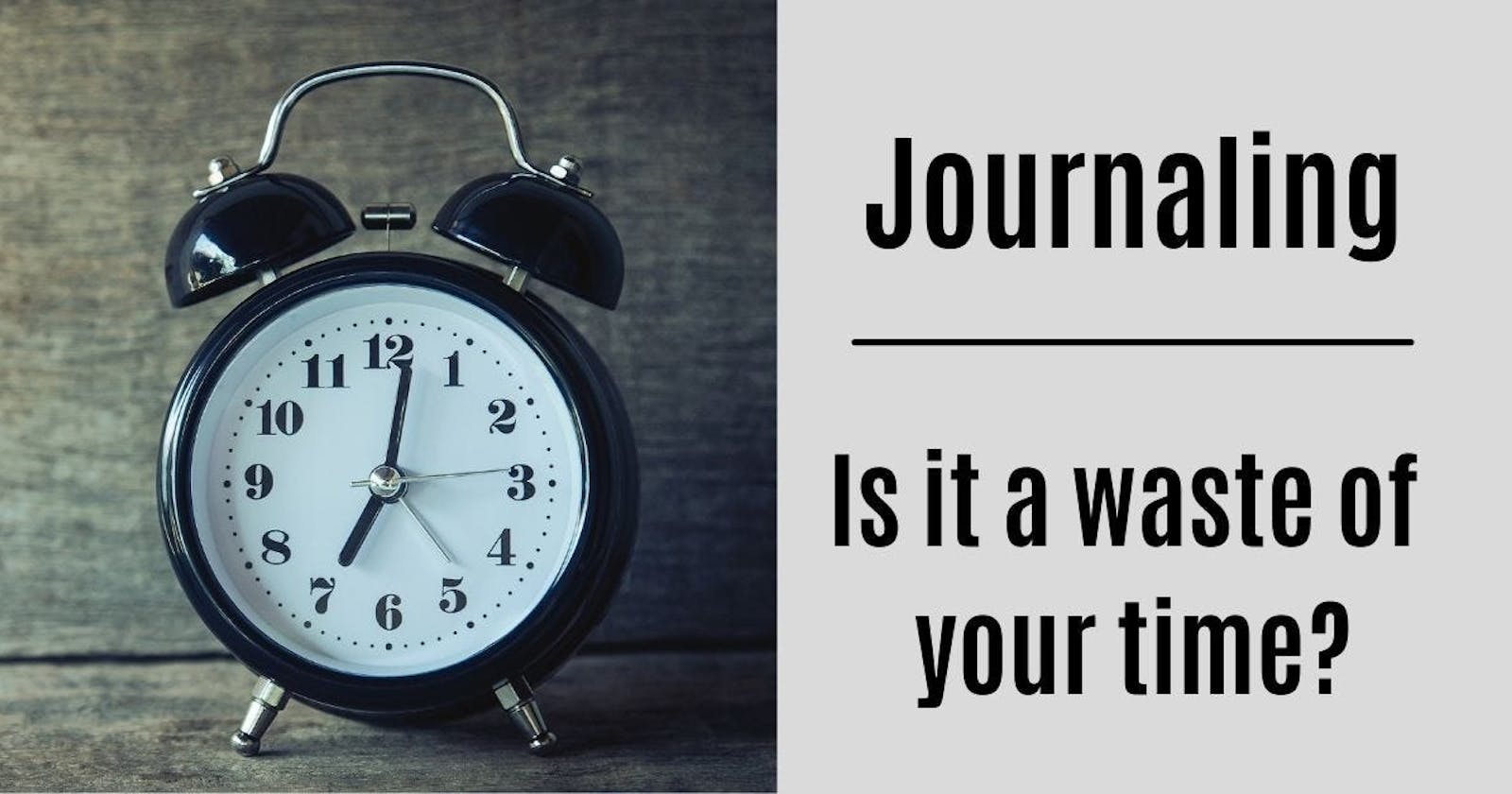Journaling for clarity has been known for centuries. We can go back to Roman emperors and further. It has endless benefits. It helps achieve stillness and calmness in the chaotic world of today. But at the same time, it can be yet another way of wasting your time.
We’ll discuss several traits you should watch out for to get the most out of it.
1. Complicated organization
The idea of doing something and the actual action are two separate things.
Often, we’re more interested in the idea of pursuing something than the suffering required to make it a reality. That’s why endless planning is intoxicating. We daydream about our next big venture, imagine quitting our job and living on our terms. It is fun to ride these thought waves but where is the actual work? The output is non-existent.
The same can happen when we decide to start journaling and taking notes. We bury ourselves into tasks that feel like work but aren’t taking us anywhere near our goals. We research the perfect systems. We hop between several tools and agonize over organizing structures. We switch between dark and light modes, tinker with coloring schemes and fonts. This is pointless if we never take any meaningful notes.
The one thing I’ve learned after journaling and taking notes: no system is going to last forever. And that’s a wonderful thing. It shows your growth as a person. You need to adjust your categories, add new and shred away old ones. That’s good. But you must start first.
Start simple. Fewer tags. Fewer categories. More notes. More output.
2. Assumed memory
We’re told to believe in ourselves, trust our instincts and follow gut feelings. That holds for life in general but can be a trap when taking productive notes. We overestimate our abilities to remember things and cause frustration down the road.
We come across new information and take a note. The mistake we make is writing for our present self.
I know what XYZ stands for. I’ll never forget it so why bother explaining?
We write with the assumption that we know the terminology used, have a clear context of where this comes from, and the purpose of jotting it down. But we don’t stop to think how helpful this note will be to our future selves.
If our notes aren’t helping us in the future, what’s the point of spending time crafting them?
The goal should be to build an evergreen library of information that your future self can thank you for. Never assume you will remember something. Always try to add more details. Explain terminologies. Add links where possible.
3. Information hoarding
You need to be clear about your goals when journaling. Are you doing it for mental clarity? Is productivity the goal? Or are you trying to leave a footprint in case aliens want to investigate us someday?
Some people go hardcore. They start saving EVERYTHING. Their computer’s error log. The endless messy chats with a salesperson. The complete copies or articles instead of links to name a few. These things are rarely helpful for most.
Instead, focus on storing meaningful information. Take notes from articles instead of dumping the whole body. Don’t burden the system with useless data. Merge notes where possible and keep them lean. You’ll feel better about it.
4. The feedback loop from hell
Even though I had experienced this phenomenon for years, I didn’t have a name for it. James Clear’s Atomic Habits pointed out I wasn’t alone. Have you ever been stuck in an endless cycle of destructive behavior or self-talk? That’s the feedback loop from hell.
Imagine you set a goal to journal daily. Then life hits you in the chin or you’re plain lazy. You don’t get back to it until months later. What’s the first thing you write about? How bad you’re feeling for letting yourself down. Then you get angry about it. Then you get angry at yourself for getting angry while trying to clear your mental clutter and on it goes.
I get it. Journaling is your space to talk about whatever you want. If you want to talk about how much you hate yourself for not taking action, no one can stop your hand. But, you may want to consider your trajectory.
Endless talk about what’s wrong isn’t going to fix it. If you sit down on a daily basis and write about not doing enough, your priorities should change. Take action. Think about the first thing you can do to fix the problem. Do that. Then think about another thing. Move the needle further. Act on your feedback.
5. Curtained feelings
The Japanese believe we have three faces. First, we show the whole world. The second is for friends, family, and loved ones. The third face never gets revealed to anyone except ourselves. That’s the truest reflection of who we are.
Your journal is a place where you don’t have to impress anyone. You’re not required to flex or keep up with the trends. You can be the authentic version of yourself. That’s where lots of us mess up.
We’ve been pretending to believe in things and keeping up with the norms. We’ve been doing it to the point where we can’t quite break out of it even when we want to. We curtain our feelings even when we’re trying to understand who we are. We write like the whole world is watching. That kills the purpose of journaling in the first place.
You’re losing a massive chunk of benefits by holding back. What are you afraid of? Unleash the demons haunting your dreams. Let the shit flow out that’s clogging the pipes of your creativity. Let the pen run. Let the words out.
Journaling has benefits but only if you proceed with an awareness of bad patterns to avoid. These are some of the points you should keep in mind to keep yourself on the right track. Of course, your distractions and problems are different. What works for one person may be the worst enemy of another.
You should start by chalking out your goals. What’s the purpose and what do you hope to gain by suffering with yourself in solitude. Once you have the goals set, you’re less likely to fall victim to temptations.
If you liked this article, make sure to pass it to someone else who might need it. You can also subscribe to my mailing list to regularly receive thought-provoking gems of ideas to live a better life. Thanks for reading.

